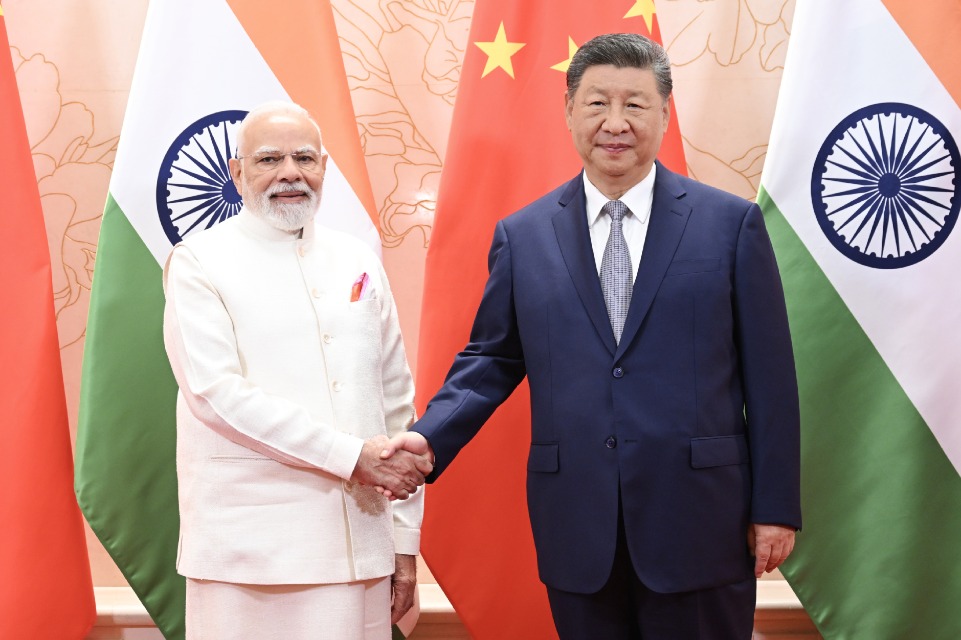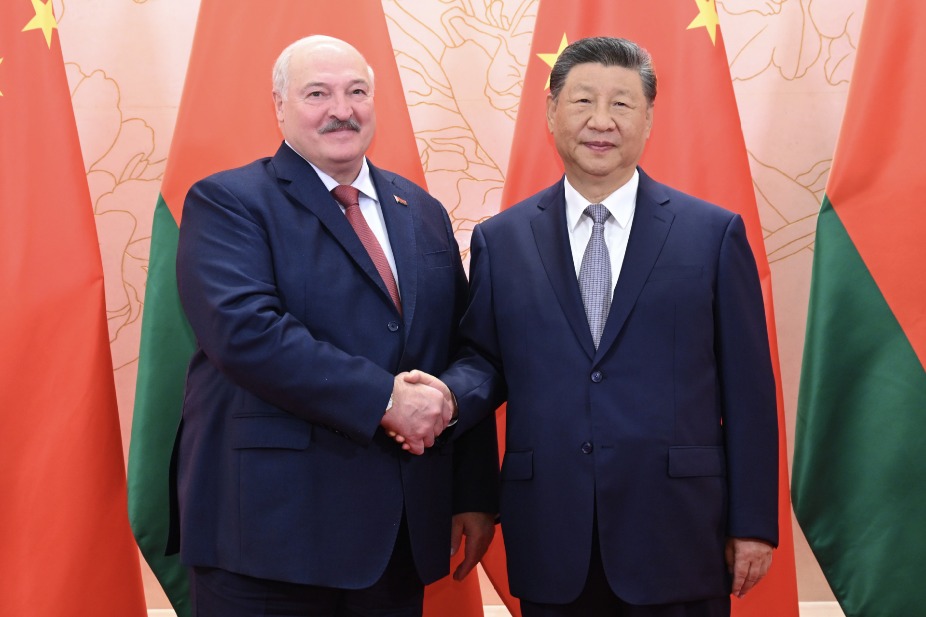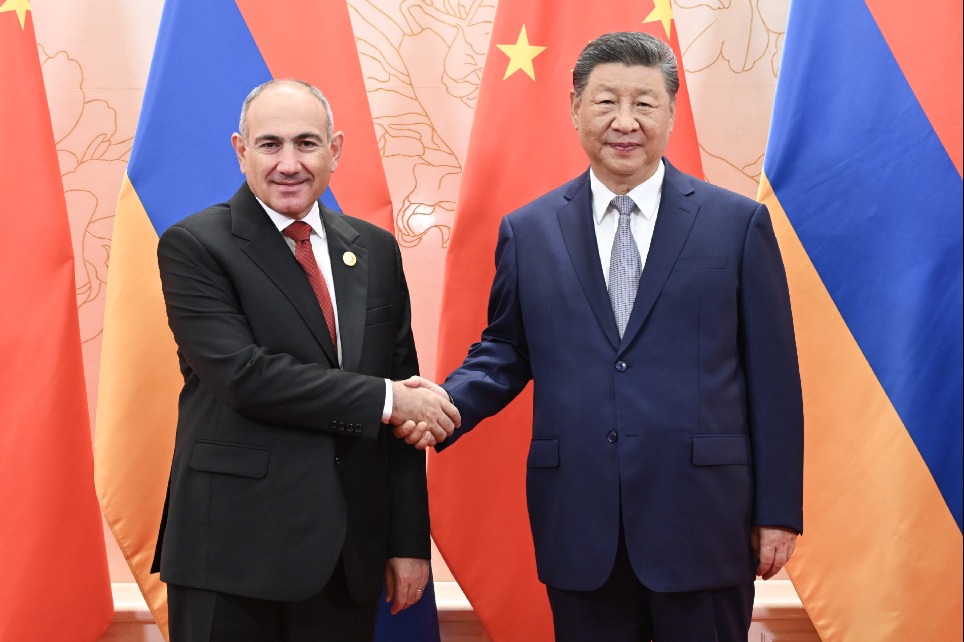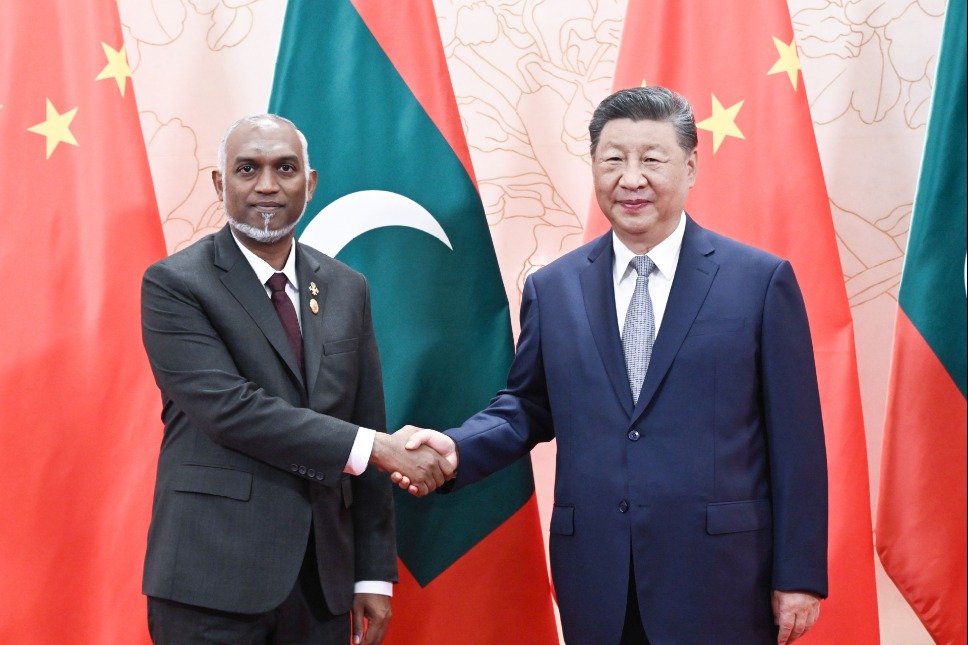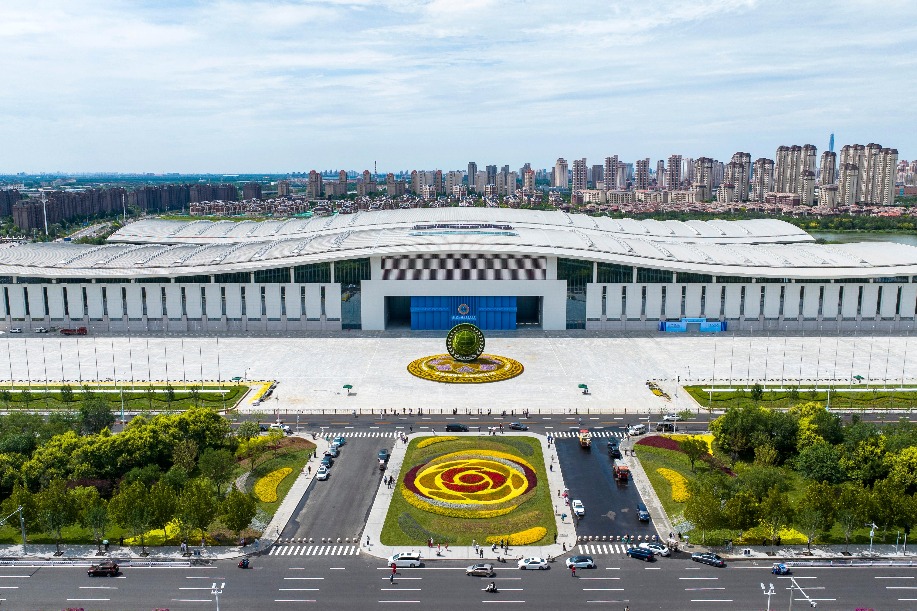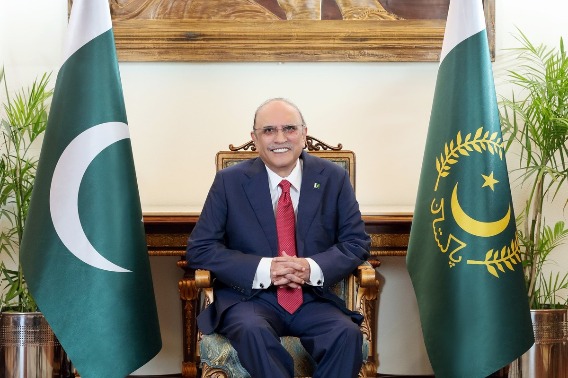Mechanism vital booster for region's security


The Shanghai Cooperation Organization Summit, being held in Tianjin from Aug 31 to Sept 1, has brought together member states to deepen security cooperation, bolstering mutual trust and contributing to regional and global peace and stability.
Through bilateral and multilateral military exercises with other SCO member states, the Chinese military has expanded its network of global partners and demonstrated its willingness and capability to tackle regional and global security challenges.
The SCO was established in 2001 to combat the "three evil forces" of terrorism, separatism and extremism. While Russia faced attacks by Chechen separatists, and Central Asian countries grappled with religious extremism, China was dealing with some secessionist threats in its northwest region. That's why the SCO founding members made combating non-traditional security threats one of the organization's main goals.
To manifest its resolve to combat the "three evil forces" and improve military coordination among the member states, the SCO has conducted numerous joint military exercises focused on counterterrorism, with the "Peace Mission" joint counterterrorism exercise being the largest and most influential. Since being first held in 2005, the military exercises have evolved in scope and participation. Initially, China and Russia participated in the exercises, but by 2007, all six SCO founding member states — China, Russia, Kazakhstan, Kyrgyzstan, Tajikistan and Uzbekistan were participating in them. The 2018 exercise saw the participation of two new members, India and Pakistan, a historic first.
The SCO exercises have become more complex and practical over time, evolving from basic counterterrorism simulations to comprehensive joint operations involving intelligence sharing and information warfare.
Regional security challenges have increased with the intensification of regional integration, growing geopolitical risks, intertwining traditional and nontraditional security issues, and rising regional separatism and external interference. The SCO exercises have served as a powerful deterrent against the "three evil forces", and have helped maintain regional peace and promote economic development, benefiting over half the population of Eurasia.
The SCO's multilateral exercise mechanism reflects the member states' strong desire to deepen defense and security cooperation, deepen mutual trust and boost multilateral security collaboration.
China's growing logistical capability has enabled the country to support joint exercises. In the 2021 Peace Mission exercise, China for the first time deployed the Y-20 transport aircraft to establish a Sino-Russian airlift corridor, simulating emergency deployment needs. In addition, Chinese troops set off from Northeast China and traveled more than 6,300 kilometers by rail across five time zones to reach the joint exercise spot in Russia — the longest distance covered by the Chinese military for an overseas exercise.
These exercises have honed the Chinese military's ability to handle complex, cross-border operations, turning it into a new logistics force capable of projecting power, and maintaining peace in the region.
The "Peace Mission" exercises embody the "Shanghai Spirit" of mutual trust, mutual benefit, equality, consultation, respect for diverse civilizations, and pursuit of common development. Unlike traditional military alliances, the SCO's measures do not depend on the will of one country nor are they aimed at forming a military bloc. Instead, they are aimed at establishing a new security cooperation paradigm based on equality, consultation and mutual benefit.
The exercises have promoted cultural exchanges, language training and cross-service dialogue, fostering deeper understanding and friendship among different countries' military personnel, laying the foundation for improving mutual trust among the participating nations.
Through such exercises, SCO member states have sent a clear message to the world: stability is not something that is imported, but a collaborative achievement. In times of increasing volatility in global security, the SCO's path of nonalignment, non-confrontation and nontargeting of third parties is being reinforced through the "Peace Mission "exercises.
Given the rise in geopolitical tensions and global security challenges, the international community needs to make its security framework stronger and more resilient. The military exercises are part of the SCO's new security concept and a key vehicle for building a regional community with a shared future. The exercises foster realistic training, strengthening cross-national logistics and command support systems, and enabling the SCO to rapidly respond to security emergencies, especially in the fields of cross-border logistics and command.
The regional security awareness advocated by the "Peace Mission" has been promoted in every joint exercise, and will become a pillar for future regional stability. The SCO will continue to deepen security cooperation, enhance strategic communication and political trust, and project its security cooperation model as a blueprint for multilateral security governance.
By promoting the "Shanghai Spirit" and shared security, openness, mutual learning and justice, the SCO is poised to fulfill its historical mission as a builder of global peace, a contributor to global development, and a defender of the international order.
The author is a research fellow at the Academy of Military Sciences. The views don't necessarily reflect those of China Daily.
If you have a specific expertise, or would like to share your thought about our stories, then send us your writings at opinion@chinadaily.com.cn, and comment@chinadaily.com.cn.
















